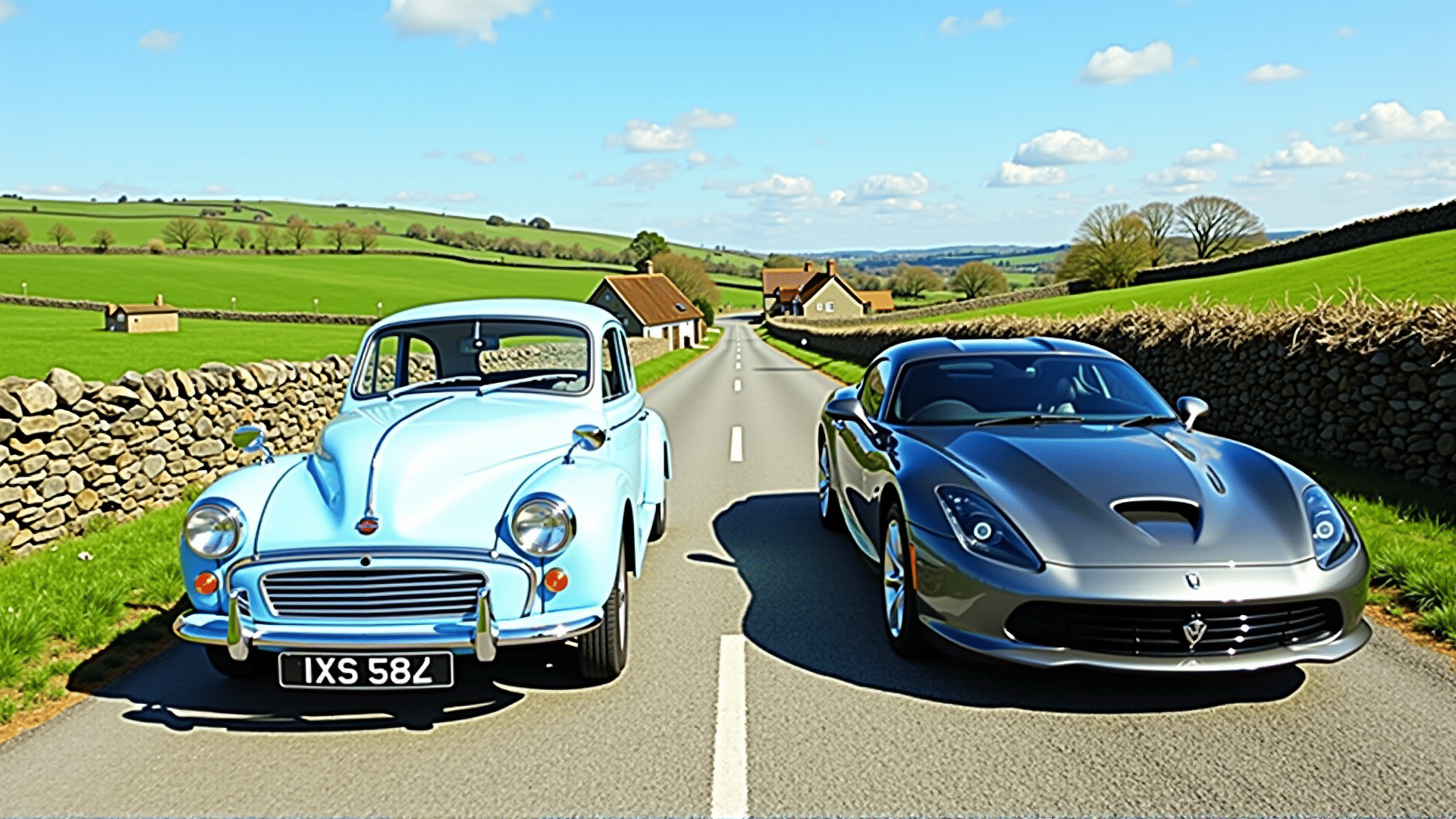As the automotive industry continues to evolve, the ongoing debate between classic and modern automobiles becomes more intriguing. Collectors and drivers often find themselves at a crossroads, trying to decide which type suits their tastes and needs. Classic cars, with their timeless aesthetics and nostalgic appeal, represent an era of automotive artistry and craftsmanship, while modern cars, equipped with advanced technology and enhanced performance, embody efficiency and innovation. Understanding the differences between these two categories can shed light on why enthusiasts choose one over the other in today's diverse market.
Classic cars, typically defined as vehicles that are at least 20 years old, often captivate collectors and drivers through their distinctive designs and historical significance. Each model tells a story of its time, reflecting the cultural and technological trends of its era. The charm of a classic car lies in its unique character—evident in vintage features such as chrome trims, bold lines, and analog instruments. The quality of craftsmanship in these vehicles often invokes a sense of nostalgia, providing a tangible connection to the past.
Moreover, classic cars can be seen as works of art, with many models having been carefully hand-assembled, using traditional techniques. These cars are often celebrated for their elegant designs and the attention to detail bestowed by their creators. For collectors, owning a classic vehicle is akin to owning a piece of history, imbuing a sense of pride and accomplishment. However, classic cars often come with maintenance challenges. Parts can be difficult to find, and the expertise required to maintain or restore these vehicles is becoming increasingly specialized.
In contrast, modern automobiles are designed with an emphasis on technology, safety, and performance. The contemporary driver often seeks convenience, fuel efficiency, and reliability, all of which are hallmarks of modern vehicles. Equipped with advanced technologies such as GPS navigation systems, infotainment interfaces, and automated safety features, modern cars are engineered to meet the demands of today's lifestyle. Hybrid and electric models also represent a significant leap forward in sustainability, appealing to environmentally-conscious consumers.
Furthermore, modern cars typically offer superior driving experiences. Sophisticated engineering and technology contribute to improved handling, acceleration, and braking. Performance enhancements, ranging from advanced suspension systems to turbocharged engines, ensure that modern vehicles can compete favorably with their classic counterparts in terms of sheer driving pleasure. Additionally, modern cars are designed to meet rigorous safety standards, providing peace of mind with features such as airbags, anti-lock braking systems, and collision avoidance technology.
The decision between classic and modern cars often comes down to individual preference and intended use. For those drawn to automotive heritage and the sensory experience of driving, classic cars represent an irreplaceable allure. They offer a tactile connection to the past, emphasizing the joy of the journey over the destination. On the other hand, modern cars offer practicality and ease of use, ideal for daily commutes and those seeking a no-fuss driving experience.
Some drivers opt for a harmonious blend of both worlds, choosing resto-mods—classic cars updated with modern technology and performance parts—to enjoy vintage aesthetics along with contemporary reliability and comfort. This hybrid approach exemplifies how the passion for automotive history can coexist with the demands of modern living.
In a world constantly looking toward the future, the choice between classic and modern automobiles reflects personal priorities and values. Whether it's the elegance and tradition of a bygone era or the cutting-edge sophistication of today's innovations, the automotive landscape offers something for every enthusiast. Evidently, both classic and modern automobiles have their merits, ensuring that engines will continue to inspire heartbeats for generations to come.
